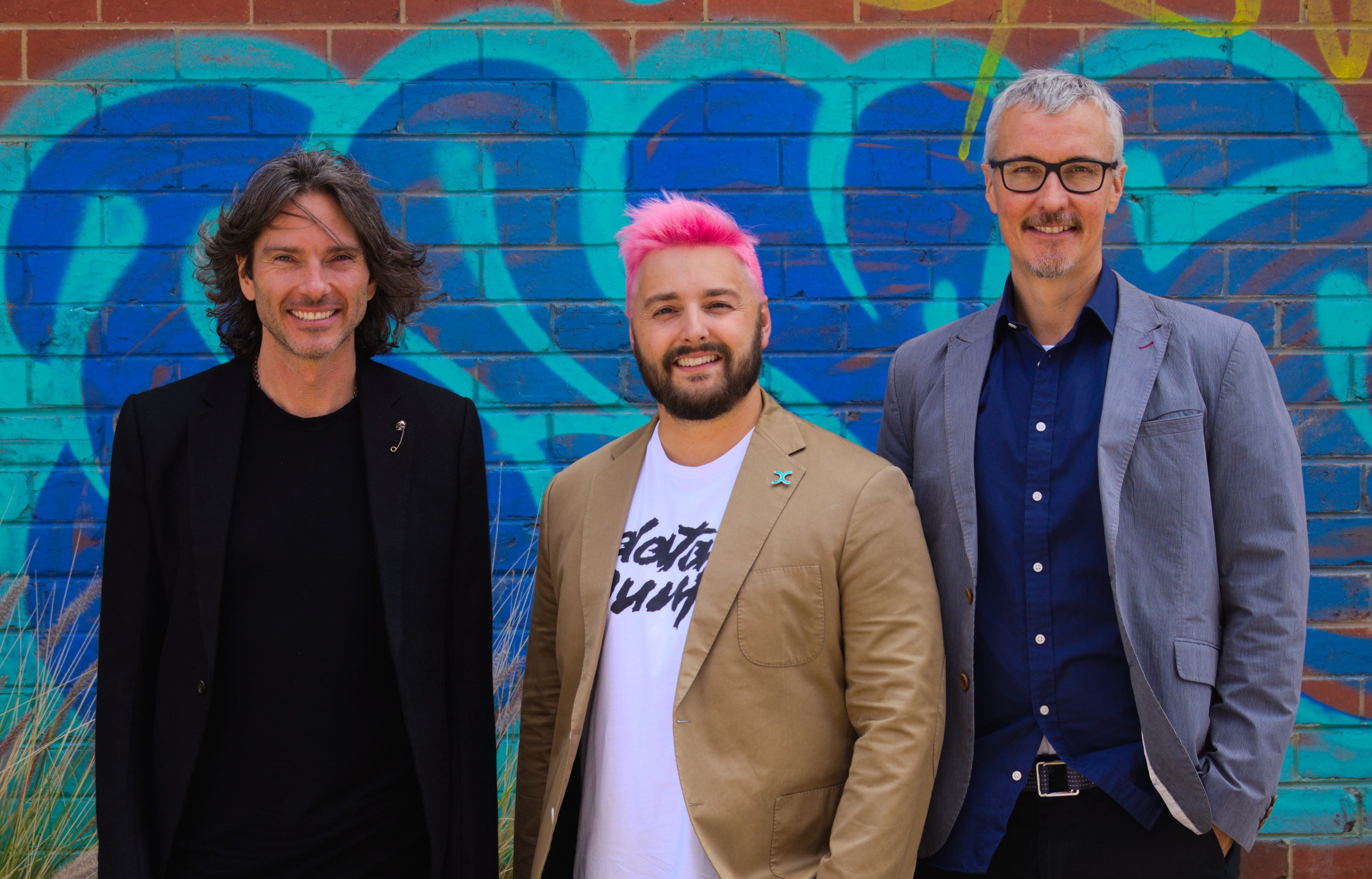The massive shift to online shopping during the COVID-19 pandemic means retailers need to analyze customer data quickly in order to compete against rivals like Amazon. Lexer, a customer data platform headquartered in Melbourne, Australia, helps brands manage data by organizing it on one platform, making analysis easier for small to medium-sized brands. The company announced today that it has raised $25.5 million in Series B funding for expansion in Australia, the United States and Southeast Asia.
The round was led by Blackbird Ventures and King River Capital, with participation from returning investor January Capital, and brings Lexer’s total raised so far to $33 million. Blackbird Ventures co-founder and partner Rick Baker will join Lexer’s board.
The company was founded in 2010 by Aaron Wallis, Chris Brewer and Dave Whittle, and its clients include Quiksilver, DC Shoes, John Varvatos and Sur La Table. The new funding will be used to add 50 more people to Lexer’s team, with plans to double its headcount in Australia, the U.S. and Southeast Asia. Whittle, the company’s chief executive officer, told TechCrunch it will also add more features to provide retailers with enterprise-grade customer data, insight, marketing, sales and service capabilities.
Brands use Lexer to increase their incremental sales, which includes sales to both existing and new customers, by helping them understand things like shopping patterns among different groups of visitors, which customers are most likely to make future purchases and what marketing strategies results in the most sales.
Lexer’s best-known competitors include Segments, which was acquired by Twilio for $3.2 billion last year, and Adobe Analytics. Whittle said Lexer’s key differentiator is providing an end-to-end solution.
While brands often have to use multiple data and analytics software to understand data from different sources, Lexer’s goal is to make everything accessible in one platform. “Our customers don’t have to engage expensive and time-consuming third parties for strategy, implementation, customization and project management,” he said.
Before Lexer’s Series B, most of its growth came from single brands, or groups of mid-market retail brands. Now it’s focusing on working with all sizes of brands, Whittle added.
The pandemic has forced many brands to place a greater emphasis on digital engagement to increase their online sales and stand out from other e-commerce merchants.
“There are literally hundreds of tactics we have enabled our customers to deploy to help them adapt to the limitations and barriers COVID put in place. For example, we helped retailers migrate offline customers to shop on their e-commerce sites,” said Whittle. “Another way was that if stock was low due to supply constraints caused by COVID, we helped retailers target their high-value and loyal customers to ensure customers satisfaction.”
from Startups – TechCrunch https://ift.tt/3uyFNVF

Comments
Post a Comment